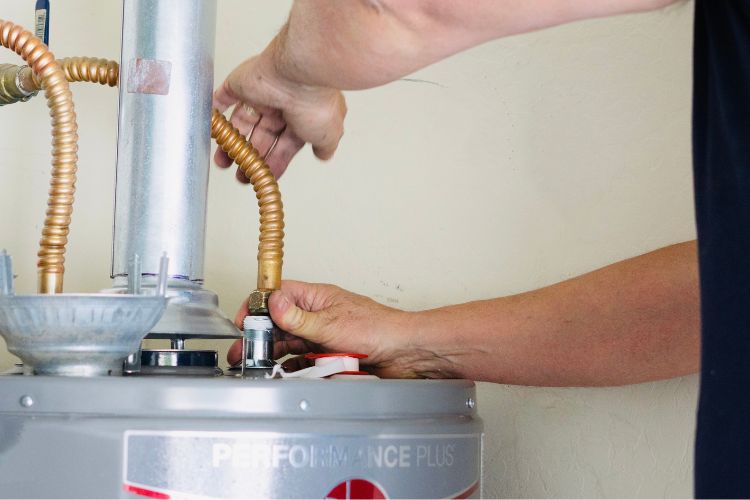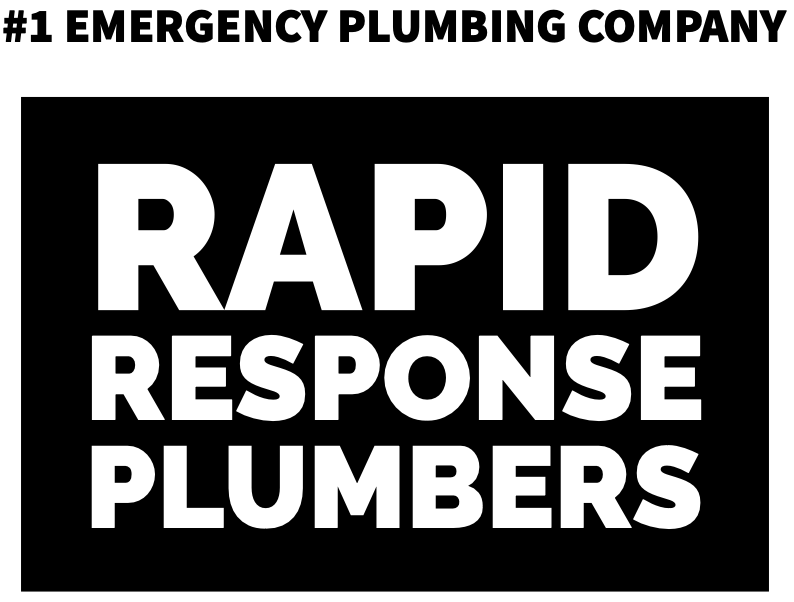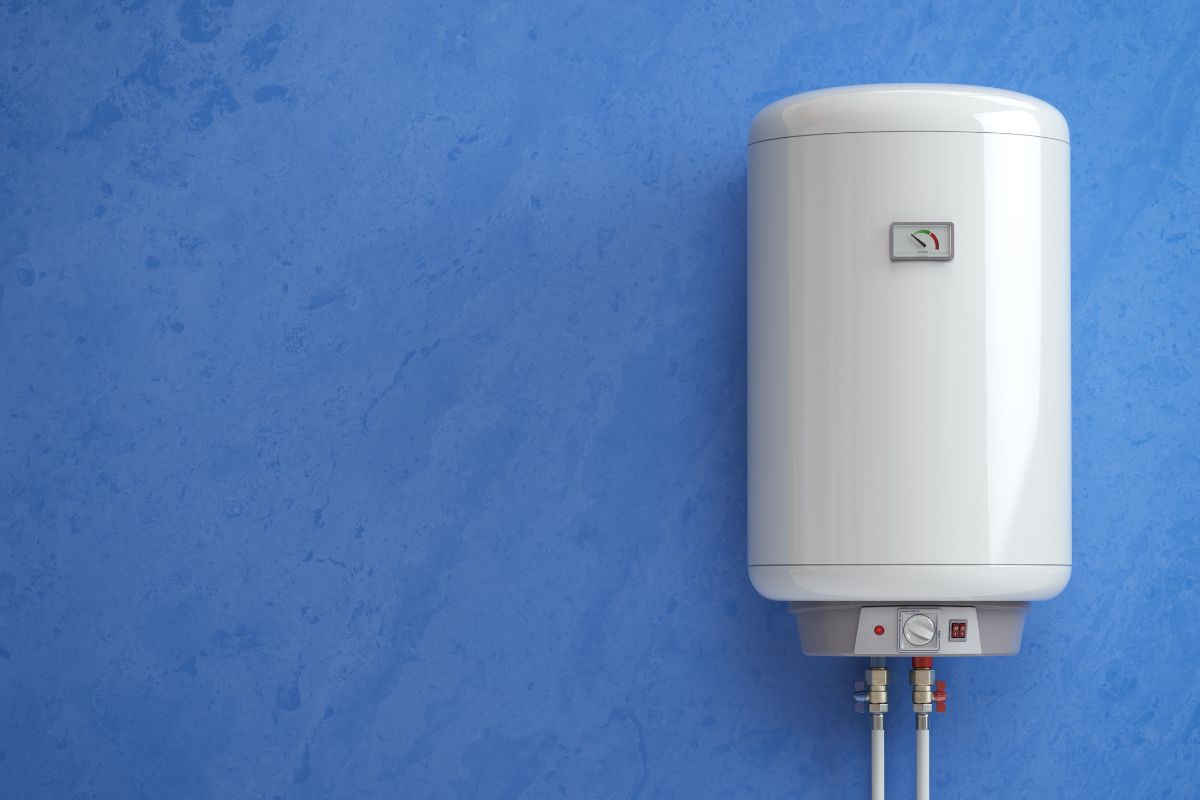Hot water is not a luxury; it’s a necessity that impacts everything from your morning shower to your dishwashing routine. When it comes time to repair or replace your water heater, making informed decisions is crucial. This guide dives deep into the types of water heaters available, their uses, and the advantages and disadvantages of each to help you make the best choice for your home.
Understanding Different Types of Water Heaters
Water heaters are classified into several types, each serving the same fundamental purpose but operating differently.
1. Storage Tank Water Heaters:
The most common type, these heaters have an insulated tank where water is heated and stored until needed.
- Pros: Lower initial cost; simple operation.
- Cons: Higher utility bills due to heat loss; takes up more space; shorter lifespan.
2. Tankless (On-Demand) Water Heaters:
These heat water directly without the use of a storage tank and are known for their efficiency.
- Pros: Energy-efficient; continuous hot water supply; saves space.
- Cons: Higher upfront cost; may require larger gas lines or more power.
3. Heat Pump (Hybrid) Water Heaters:
These capture heat from the air or ground to heat water, which can be incredibly energy efficient.
- Pros: Uses less electricity than traditional models; can be more cost-effective over time.
- Cons: Higher initial investment; not suitable for cold spaces; requires more space.
4. Solar Water Heaters:
Powered by solar panels, these are an eco-friendly option that harnesses solar energy to heat water.
- Pros: Utilizes renewable energy; low operating costs; tax credits and rebates available.
- Cons: High upfront costs; dependent on sunlight availability; may need a backup system.
5. Condensing Water Heaters:
Ideal for homes that utilize natural gas as a primary energy source, these heaters utilize unused gas fumes to heat the water.
- Pros: Energy-efficient for homes with high hot water use; cost-effective for gas-heated homes.
- Cons: More expensive than traditional heaters; benefits primarily large households.

Choosing the Right Water Heater for Your Home
The choice depends on several factors, including household size, availability of energy sources, and budget. For instance, a small household that doesn’t use much hot water might benefit from a tankless system, while a larger household with consistent hot water demands might opt for a conventional storage tank or a high-capacity condensing water heater.
Maintenance and Longevity: What to Expect
Each water heater type has its maintenance needs:
- Traditional tanks require annual flushing to remove sediment.
- Tankless models need regular cleaning to prevent scale and maintain efficiency.
- Hybrid systems need space around them to efficiently draw in air.
- Solar heaters should be checked regularly to ensure solar panels and related systems are functioning correctly.
Whether your water heater is showing signs of wear or you’re proactively planning for an upgrade, understanding the various types of water heaters and their respective pros and cons is essential. Rapid Response Plumbers have the expertise to guide you through repair or new installation, ensuring you make a choice that aligns with your lifestyle and budget. With our thorough understanding of the latest in water heater technology, you can count on us to provide you with a solution that brings efficiency, comfort, and reliability to your daily routine. Contact us to discuss your hot water needs and let’s ensure you have access to warm, comforting showers every day.

